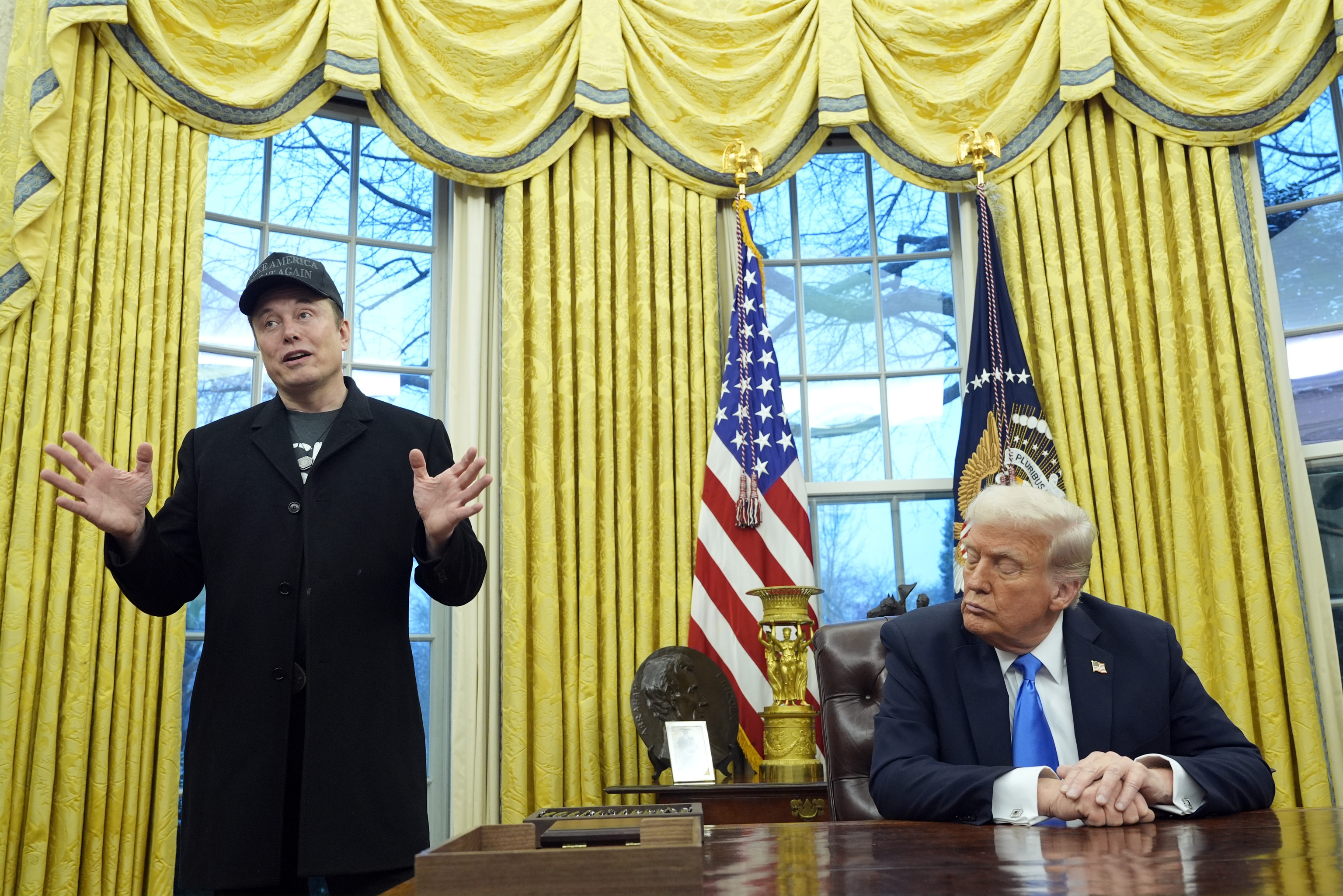The U.S. Secretary of State, Marco Rubio, announced on Wednesday that his government has implemented "a new visa restriction policy that will apply to foreigners responsible for censoring freedom of expression in the United States." Historically, Washington has criticized Russia, Iran, or China for restricting freedom of expression, but the Trump Administration now targets the European Union, specifically the digital content laws passed in the last EU legislative term that impose obligations on major tech companies and social media platforms, which the White House considers "accomplices" in a campaign of harassment against freedom of expression.
"It is unacceptable for foreign officials to issue or threaten to issue arrest warrants against U.S. citizens or residents for posts on U.S. platforms while physically in U.S. territory. It is equally unacceptable for foreign officials to demand that U.S. tech platforms adopt global content moderation policies or engage in censorship activities that exceed their authority and extend to the United States. We will not tolerate intrusions on U.S. sovereignty, especially when such intrusions undermine the exercise of our fundamental right to freedom of expression," says the statement released today by the State Department.
The great irony is that the notification comes just a day after Rubio himself ordered all U.S. embassies and consulates worldwide to halt student visa interviews for applicants seeking to enter American universities, precisely to assess whether the content on these young people's social media is deemed hostile towards the government and its policies.
Rubio, while revoking visas for students criticizing Israel, while Trump sues media outlets for what they say, or while Health Minister Robert F. Kennedy Jr. threatens to ban government scientists from publishing in major medical journals, which he labels as "corrupt," states that "freedom of expression is one of the most cherished rights we enjoy as Americans. This right, legally enshrined in our Constitution, has distinguished us as an example of freedom worldwide. Even as we take steps to reject censorship in our country, we observe concerning cases of foreign governments and officials taking the reins."
The Executive has been playing the freedom of expression card for months. The first to use it against the EU and Europe in general was Vice President J. D. Vance, who in controversial statements during the Munich Security Conference expressed deep concern about the direction of freedoms in the old continent, defending, for example, the German far-right.
Rubio now says that "for too long, Americans have been fined, harassed, and even accused by foreign authorities for exercising their right to freedom of expression" and punitive measures against "foreign officials and individuals complicit in censorship against Americans. Freedom of expression is essential to the American way of life: an innate right over which foreign governments have no authority," he adds. "Foreigners working to undermine the rights of Americans should not have the privilege of traveling to our country. Whether in Latin America, Europe, or elsewhere, the days of passive treatment for those working to undermine the rights of Americans are over."
He does not mention anyone specifically in his messages or statements, but refers, at least in other cases, to the EU Digital Services Act, which imposes restrictions on tech companies, especially American ones, and on rules against disinformation affecting social media, requiring content moderation and resources to prevent interference. This has been highly controversial in the Romanian elections this year, for example, a case where Washington has clearly aligned with pro-Russian and anti-European nationalist candidates.
In a post published on a State Department blog this Tuesday, a senior official pointed to the UK, denouncing that "police are arresting Christians, such as Adam Smith-Connor and Livia Tossici-Bolt, for silently praying outside abortion clinics. In 2023, over 12,000 British citizens were arrested for online posts, including comments critical of the European migration crisis, deemed 'extremely offensive' by authorities."
Or Germany where "the government has established complex systems to monitor and censor online freedom of expression under the pretext of combating disinformation and preventing crimes. When German citizens express legitimate concerns about the economic and social impact of globalization or criticize politicians, they risk fines, being labeled as radicals, or even having law enforcement search their homes. The EU Digital Services Act, designed to protect children from harmful online content, is instead used to silence dissenting voices through Orwellian content moderation. Independent regulators now oversee social media companies, including major American platforms like X, and threaten hefty fines for non-compliance with their strict regulations on freedom of expression."
The crusade also affects Brazilian officials and judges, following a major dispute between X owner Elon Musk and Brazilian Supreme Court Justice Alexandre de Moraes, after the platform was ordered to remove posts.
Earlier this year, Congress began debating a bill known as No censorship on our shores, drafted by Republicans and approved by the House Judiciary Committee. The State Department's statement says that the new visa restriction policy is based on the Immigration and Nationality Act, which "authorizes the Secretary of State to declare inadmissible any foreigner whose entry into the United States 'could have potentially adverse and serious consequences for U.S. foreign policy.' Certain family members could also be subject to these restrictions.
